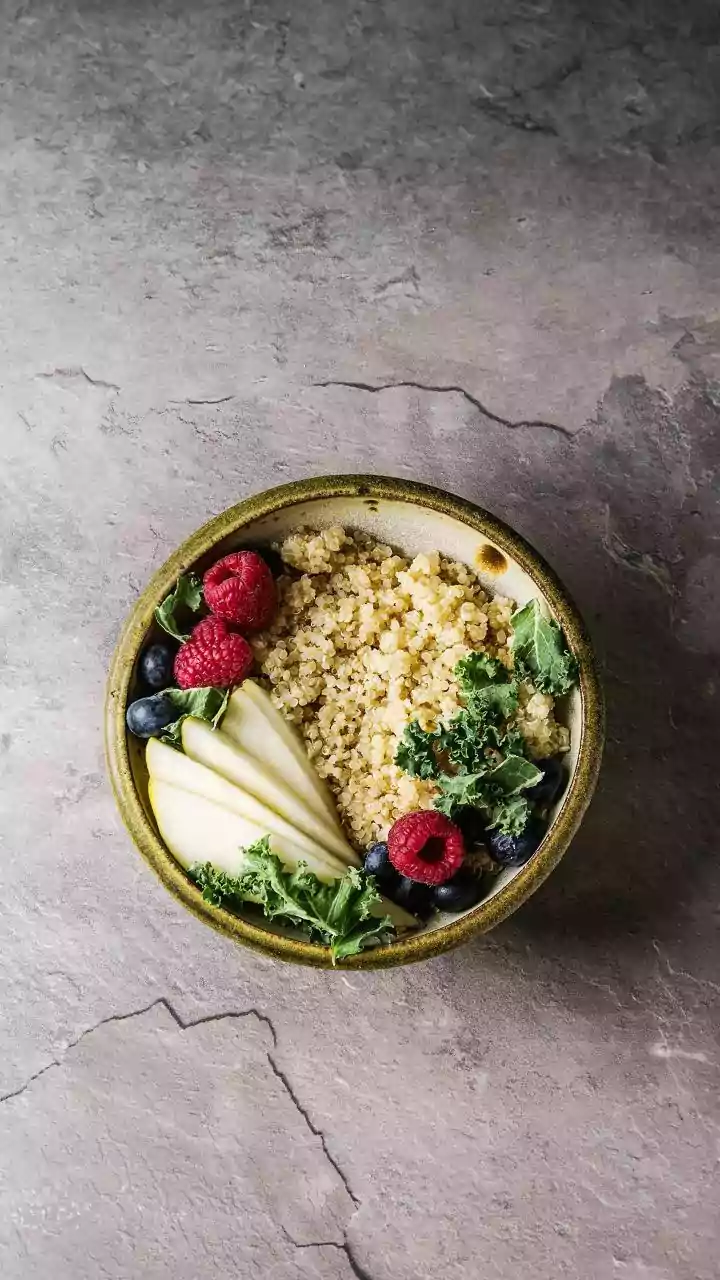The Bloating Blues
Bloating, a common digestive complaint, often results from gas buildup in the intestines. This can stem from a variety of factors, including the foods
we consume. Certain ingredients are more likely to cause gas production than others. The timing of your meal also matters; eating these foods too close to bedtime means your digestive system has to work harder while you're trying to rest. This can lead to discomfort and disrupted sleep. Recognizing which foods are most likely to cause issues is the first step toward making better dinner choices, improving your comfort and potentially your sleep quality.
High-Sodium Foods
Excessive sodium intake, frequently found in processed foods and restaurant meals, can cause water retention, which leads to bloating. Sodium's effect on the body involves drawing water into the digestive tract. This water retention can make you feel heavy and uncomfortable, particularly when you lie down at night. Consider reducing your intake of packaged snacks, ready-made sauces, and fast food. Instead, prepare meals at home, control salt levels, and prioritize fresh ingredients. This dietary adjustment can make a significant difference, helping to reduce overnight bloating and improve your overall digestive health.
Cruciferous Vegetables
Vegetables like broccoli, cauliflower, and cabbage are nutritional powerhouses, but they are also notorious for causing gas and bloating. These vegetables contain raffinose, a complex sugar that the body struggles to digest efficiently. As a result, this sugar travels to the large intestine, where it’s fermented by bacteria, leading to gas production. Cooking these vegetables can help break down some of the raffinose. However, consuming them in large quantities at dinner might still lead to discomfort. Consider portion sizes and perhaps opt for lighter, easily digestible side dishes if you're prone to bloating.
Carbonated Beverages
Carbonated drinks like soda and sparkling water introduce excess air into your digestive system, which can result in bloating. The bubbles in these beverages release carbon dioxide gas, which can accumulate in the stomach and intestines. This can cause a feeling of fullness and pressure, especially when combined with other gas-producing foods. It's advisable to limit or avoid carbonated beverages, particularly before bedtime. Instead, consider drinking plain water, herbal teas, or other non-carbonated drinks that will not contribute to bloating and will not interfere with digestion during sleep.
Legumes & Beans
Beans and lentils, rich in fiber and nutrients, also contain oligosaccharides, complex sugars similar to raffinose, which the body finds difficult to break down. When these sugars reach the large intestine, bacteria ferment them, producing gas. Soaking beans before cooking can help reduce the oligosaccharide content, which can reduce bloating. However, consuming large portions of beans at dinner could still cause discomfort. If you are sensitive, consider consuming smaller amounts or balancing them with easily digestible foods to help minimize potential bloating symptoms.
Dairy Products
For individuals who are lactose intolerant, dairy products can be a source of significant bloating and digestive upset. Lactose, the sugar in milk, requires the enzyme lactase for digestion. If your body doesn't produce enough lactase, lactose remains undigested, leading to fermentation in the gut, resulting in gas, bloating, and other digestive issues. If you suspect lactose intolerance, consider alternatives such as lactose-free milk, yogurt, or plant-based alternatives like almond or soy milk. Monitoring how your body responds to dairy products is important for identifying potential causes of nighttime bloating.
Processed Foods
Processed foods often contain a cocktail of ingredients that can cause bloating and general digestive upset. High in sodium, artificial sweeteners, and unhealthy fats, these foods can also contain additives that can irritate the digestive system. Sodium contributes to water retention, while artificial sweeteners can disrupt the gut microbiome. Unhealthy fats can slow down digestion, leaving food in your stomach for longer. Reading food labels, choosing whole foods, and preparing meals at home are steps to reducing the intake of these problematic foods and improving your overall digestive health. Prioritizing fresh ingredients can help ensure a comfortable and restful night's sleep.



















